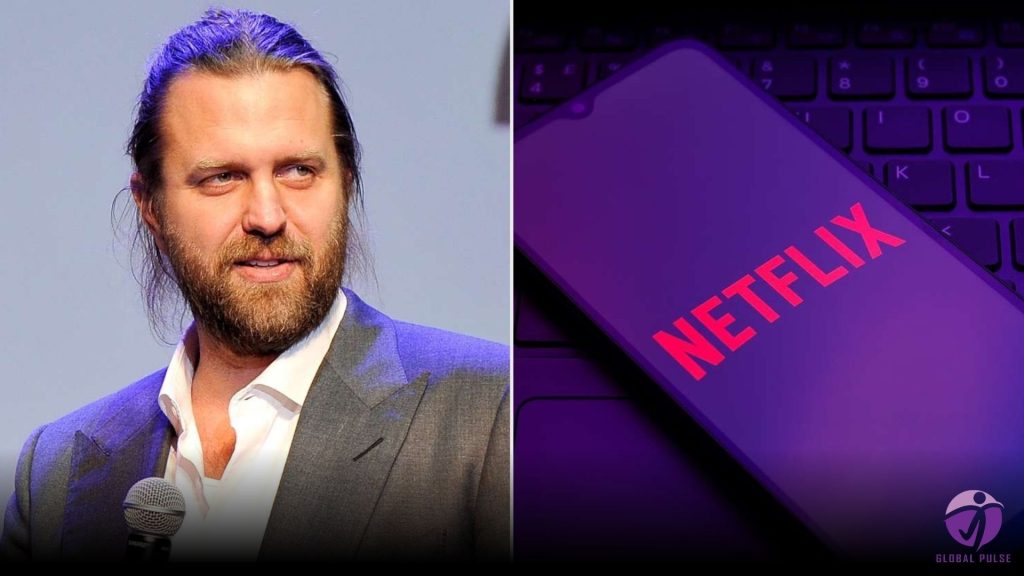A Hollywood director has been taken into custody, facing allegations of misappropriating studio funds earmarked for completing a sci-fi series. Reports indicate that the director allegedly used these funds to purchase luxury vehicles, invest in cryptocurrency, and acquire high-end bedding for personal use.
Carl Erik Rinsch, 47, faces federal charges of fraud and money laundering in connection with $11 million (£8.5 million) allocated by Netflix to produce a series titled White Horse.
Mr. Rinsch, best known for his work on the 2013 film 47 Ronin, did not enter a plea during his appearance in a Los Angeles court on Tuesday.
The indictment avoids directly naming Netflix, instead describing it as a “subscription video-on-demand streaming service.” However, U.S. media outlets have widely covered Mr. Rinsch’s ongoing conflict with the company regarding the unsuccessful series.
Netflix has chosen not to provide any statements regarding his arrest.
From 2018 to 2019, the streaming giant allocated an initial budget of $44 million to Mr. Rinsch to produce a show centred on artificial human clones. However, it is reported that he failed to complete even a single episode.
Prosecutors report that in March 2020, Netflix provided an additional $11 million after he contended that the original budget was “not sufficient.”
The US Justice Department has alleged that instead of allocating the funds for the series, he transferred them to his bank accounts and utilised the money to invest in various high-risk financial ventures.
Prosecutor Matthew Podolsky revealed on Tuesday that Carl Erik Rinsch devised a plan to embezzle millions by seeking substantial investment from a video streaming service. Rinsch allegedly assured the service that the funds would be allocated to finance a television show he was developing.
“However, that was a work of fiction.”
According to the indictment, merely two months after receiving the $11 million, approximately half of the funds had already been expended.
According to the indictment, Mr. Rinsch reportedly told Netflix that the show was “awesome and moving forward really well” while he was “in the process of losing” the money.
Court documents indicate that he purportedly used the leftover funds to engage in cryptocurrency speculation, cover personal expenses, and acquire luxury items, including a collection of Rolls-Royces and a Ferrari.
The Justice Department reports that the extravagant expenditures encompassed $1.8 million allocated for credit card bills, $3.7 million spent on furniture and antiques, and $933,000 dedicated to mattresses and luxury bedding.
The indictment further claims that $1 million of the cash was allocated to attorneys for a lawsuit against Netflix, with the expectation of securing additional funds and divorce proceedings.
A 2023 report by the New York Times detailed the ongoing dispute, revealing that friends and colleagues noted Mr Rinsch’s behaviour becoming increasingly erratic following the signing of the Netflix deal.
A recent report reveals that he believed he could foresee lightning strikes and volcanic eruptions and was aware of a “secret transmission mechanism” for COVID-19.
As reported by the Associated Press, Mr. Rinsch made his initial court appearance on Tuesday. During a court proceeding, the judge asked if he had reviewed the 12-page indictment. He allegedly replied, “Not cover to cover.”
He has been released after posting a $100,000 bail and is anticipated to appear in court for his trial in New York at a future date. If convicted, he could be sentenced to 20 years behind bars.













